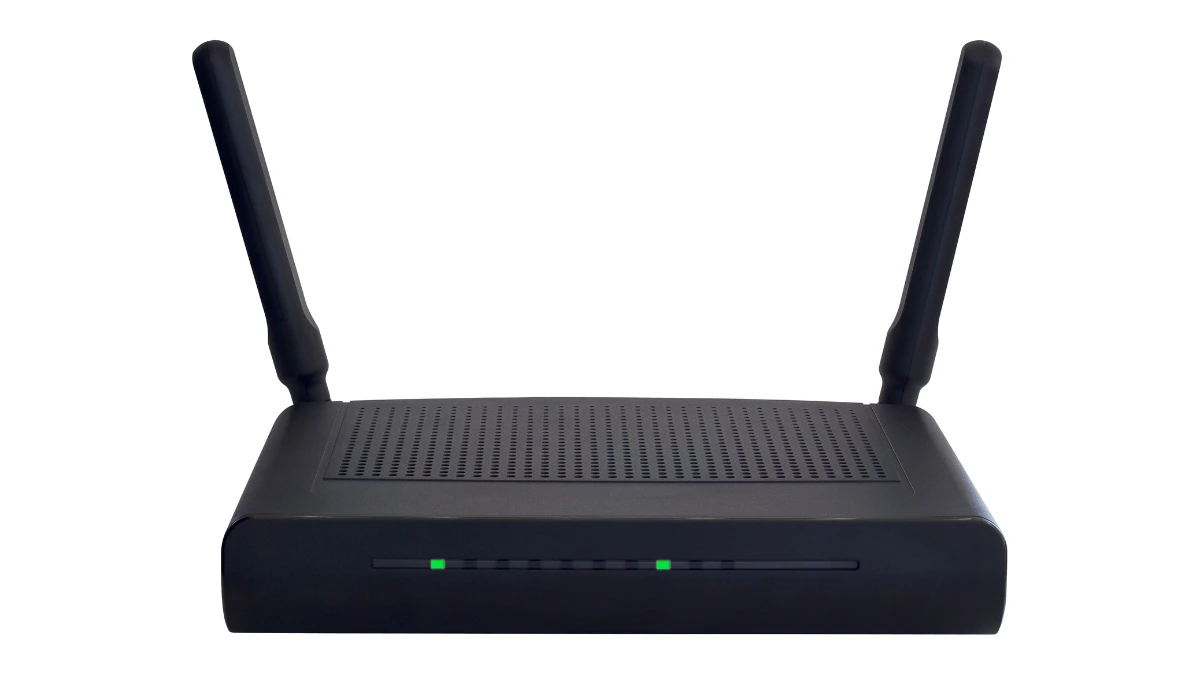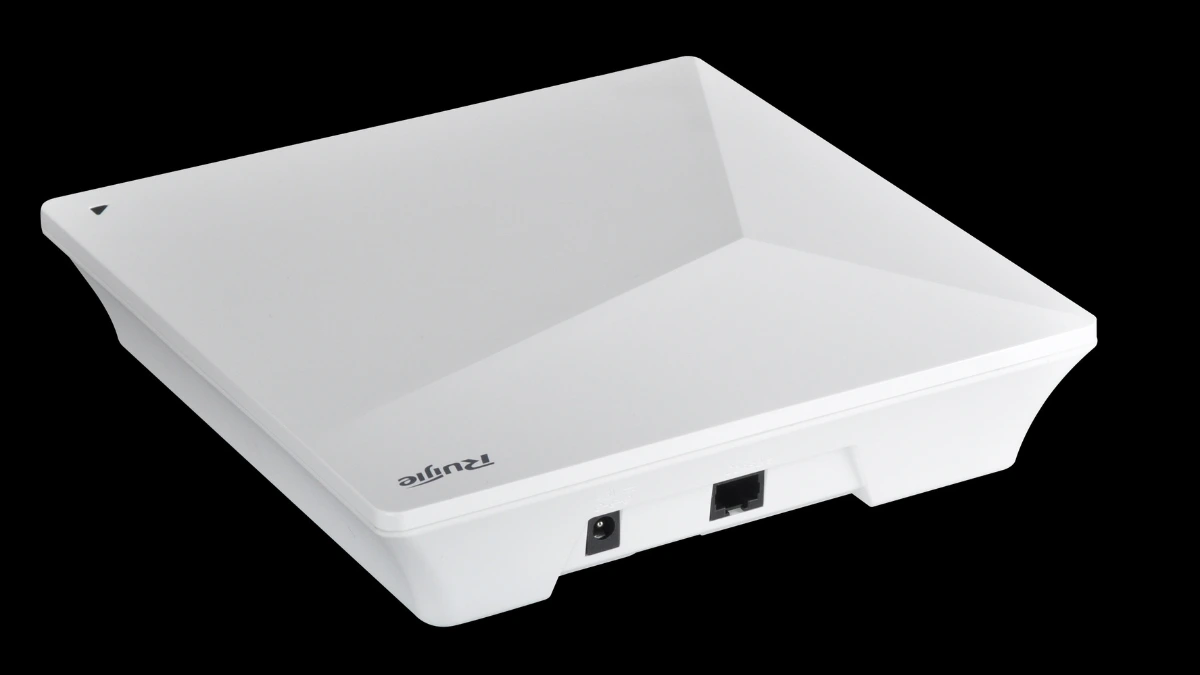A router provides many benefits, especially the ability to manage data traffic between devices to the internet. However, the advantages and disadvantages of routers cannot be easily separated, even though the benefits are evident.
The advantages and disadvantages of routers include route efficiency, being able to save bandwidth, to network security, while the disadvantages include signal interface, possible latency, to troubleshooting.
This article will inform you about some of the advantages and disadvantages of routers that you can consider.
The Advantages and Disadvantages of Router

Like any other technology, a router has several advantages that can be utilized and disadvantages to consider. The advantages of routers include route efficiency, being able to save bandwidth, to network security, while the disadvantages include signal interface, possible latency, to troubleshooting. Here are the advantages and disadvantages of router:
The Advantages

Here are some advantages of a router:
1. Route efficiency
One of the advantages of a router is that it finds efficient routes to send data. This device is unquestionable in its ability to send data by choosing the best path, reducing congestion, and ensuring fast delivery.
2. Flexibility
Flexibility is another advantage of routers. This device can be placed anywhere as long as you place it in an open, elevated area and avoid obstacles that can affect network speed. Nowadays, wireless routers are also available, which further adds to the flexibility of placement.
3. Able to save bandwidth
The use of bandwidth on the internet greatly affects the internet speed we use. In this case, the router, which is the bridge between the device and the internet, is able to measure and save bandwidth usage so that there is no waste.
4. Limited use
By using a router, devices that use the internet can be unlimited. The router will help distribute bandwidth usage to each user. The only thing to note is, the more devices there are, the more likely it will affect your internet speed.
5. Network security
Another advantage of a router is its network security. You don’t need to worry about the security system that this device has because it is equipped to protect the network from outside threats with firewalls, Network Address Translation (NAT), and security settings.
The Disadvantages

Here are some disadvantages of a router:
1. Signal interference
One of the disadvantages of a router is that it is prone to signal interference. Routers can be interrupted by other electronic devices that also use the same radio frequency. In addition, bad weather is also likely to disrupt your internet signal.
2. Limited range
Limited range is another drawback of routers. The further away the device is from the router, the more it will affect the internet speed. Usually, routers are able to reach an area of about 30-100 meters indoors.
3. Possible latency
Although it rarely happens, something to note as a shortcoming of routers is the possibility of latency. Signal interference is a possible factor in causing delays in data transmission.
4. Collision domain
Collision domain is also a possible router shortcoming. This is a situation where two devices sending data simultaneously collide and cause data loss.
5. Troubleshooting
Another drawback of routers is the possibility of troubleshooting. If this is the case, fixing complex problems with the router requires a skilled technician, so you need to prepare for the costs of repairs.
Those are the advantages and disadvantages of routers that you can consider before deciding to use them. When you choose to use a router, you can feel all the advantages of route efficiency, being able to save bandwidth, to network security.
However, don’t forget to make a consideration of the disadvantages of the signal interface, possible latency, to troubleshooting. Another thing to note is that a router must pass the certification test from the Directorate General of Digital Infrastructure (DJID).
With a DJID certification, users can feel calm about using a router device whose quality and security are guaranteed. For manufacturers or importers of router devices, obtaining certification from DJID is a mandatory step before the device can be officially marketed in Indonesia.
To simplify the certification process, we are available to assist with this process as a reliable solution. [UN].

